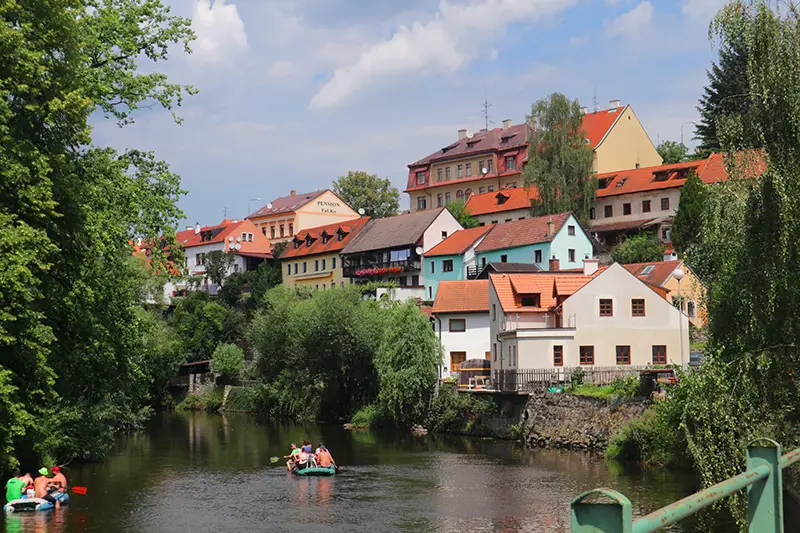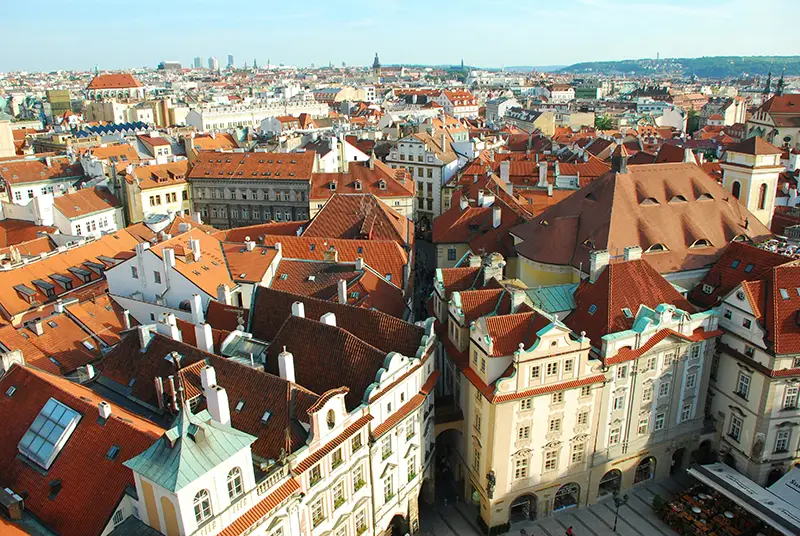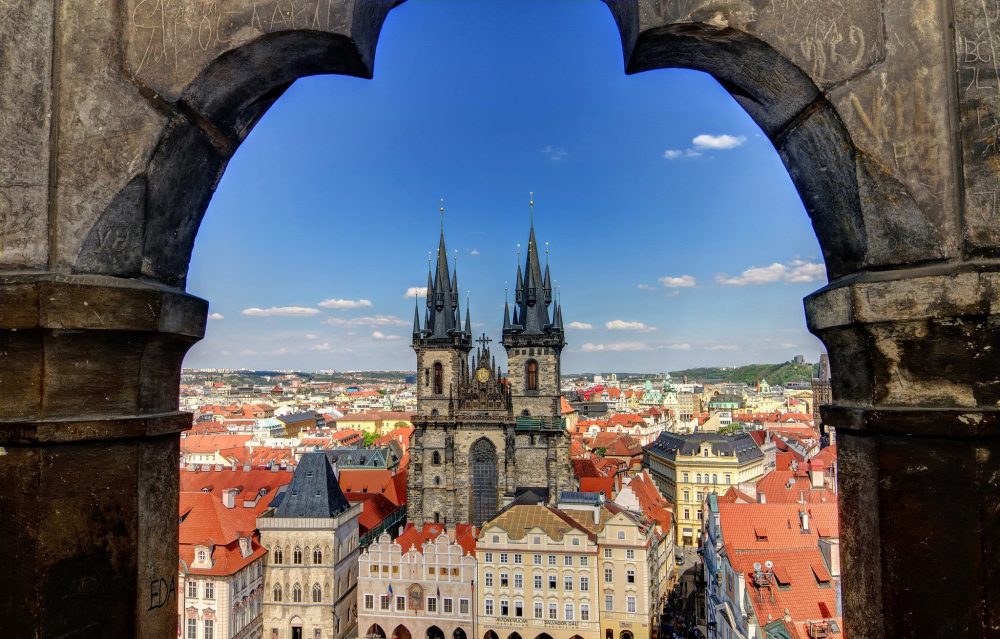The property market in the Czech Republic is developing on an upward trend. The average annual price growth for flats in Prague reaches 8-10%, which provides attractive returns for investors. The niche is distinguished by a stable economy, which minimises risks and makes investments more secure. For example, the cost of a square metre in Prague in 2023 was about 4,500 euros, which is significantly lower than the prices of similar properties in Berlin or Vienna.

What makes the Czech Republic attractive to property investors
Comparing property prices in the Czech Republic and other European capitals, it is obvious that the country offers the best value for money. In Berlin, the average price per square metre is about 6,000, in Vienna – 7,500 euros. The more affordable costs make Prague attractive for both long-term investments and stable rental income.
Advantages for investors: low taxes and legal protection
The state creates favourable conditions for foreign investors. There are no luxury taxes in the country, and rates on rental income remain moderate. The Czech legal system protects the interests of investors, which makes it possible to invest in Czech property investments with confidence.
How to buy property in the Czech Republic without unnecessary difficulties
We have prepared instructions that will be helpful to you.
Step 1: Market analysis and site selection
Buying property in the Czech Republic starts with detailed market research. Prague and Brno remain the leaders in demand among foreign investors due to their developed infrastructure and high quality of life. It is important to consider the potential for future growth in the value of the properties, transport accessibility and the level of security of the neighbourhood.
Step 2: Due diligence and conclusion of the contract
Buying a property involves drawing up a preliminary contract. Before signing it, it is necessary to inspect the property to make sure that there are no encumbrances or illegal constructions. Lawyers and notaries in the Czech Republic provide reliable support at every stage of the transaction.
Step 3: Mortgage and financing
Czech banks offer favourable mortgage terms for property in the Czech Republic. Interest rates vary from 2% to 3%, which makes the loan favourable even for foreign citizens. To obtain a mortgage, you will need to prove your income and pass a credit check. This is a great opportunity to reduce your initial investment and save some capital for other investments.
Step 4: Registering and finalising the transaction
After signing the sale and purchase agreement, the transaction is notarised and then sent for registration with the property cadastre. The process takes about a month, after which the property officially passes to the buyer. Registration with the cadastre guarantees the protection of property rights.
Step 5: Leasing and property management
Many investors consider property for rent in the Czech Republic as a way to provide passive income. Yields as high as 4-5% make the investment attractive. The management of the property can be outsourced to specialised agencies, which eliminates the need to deal with household issues and maintain contact with tenants.
Pros and cons of buying property in the Czech Republic for investors
 Pros:
Pros:
- Low taxes: no luxury tax and moderate rates on rental income.
- Stable price growth: annual increase in the cost of objects by 8-10%.
- High rental yields: yields of 4-5% per annum.
- Transparent legal system: state control of transactions and protection of owners’ rights.
Despite all the advantages of property in the Czech Republic for investment, the process is fraught with some difficulties. The main disadvantage is bureaucratic procedures. The purchase requires compliance with many formalities, including obtaining approvals and passing inspections. In addition, there are restrictions for non-residents on the purchase of land plots, which can make it difficult to invest money.
Property taxes in the Czech Republic and possibilities for obtaining a residence permit
You need to know about them if you are going to invest in Czech property.
Taxes on the purchase and ownership of real estate
There is an acquisition tax on the purchase, which is 4% of the value of the property. Owners also pay an annual tax, but the amount is significantly lower than in most Western European countries, which reduces the overall financial burden for investors.
How buying a property can help in obtaining a residence permit
To qualify, you must purchase the property for an amount above a certain threshold and prove a stable income. Having your own home in the Czech Republic significantly increases your chances of having your residence permit application approved.
Property in the Czech Republic for living and holidays: what foreigners choose
The Czech Republic attracts not only investors, but also those looking for a cosy place to live or relax. High level of security, developed infrastructure and affordable medicine make the Czech Republic an excellent choice for permanent residence.
Choosing holiday accommodation
Foreigners often choose property in the Czech Republic for holidays – it can be both flats in Prague and country houses in picturesque areas. Magnificent nature, proximity to European resorts and historical heritage make the Czech Republic a popular place to buy a home.

Conclusion
 Property in the Czech Republic offers unique opportunities for preserving and increasing capital. Stable price growth, high rental yields and favourable conditions for foreign investors make this market one of the most attractive in Europe. Investing in Czech properties is a step towards financial independence and stability, especially in conditions of economic uncertainty.
Property in the Czech Republic offers unique opportunities for preserving and increasing capital. Stable price growth, high rental yields and favourable conditions for foreign investors make this market one of the most attractive in Europe. Investing in Czech properties is a step towards financial independence and stability, especially in conditions of economic uncertainty.
 en
en  ru
ru  de
de  ar
ar  es
es  nl
nl  hi
hi  fr
fr  it
it  pt
pt  el
el 









